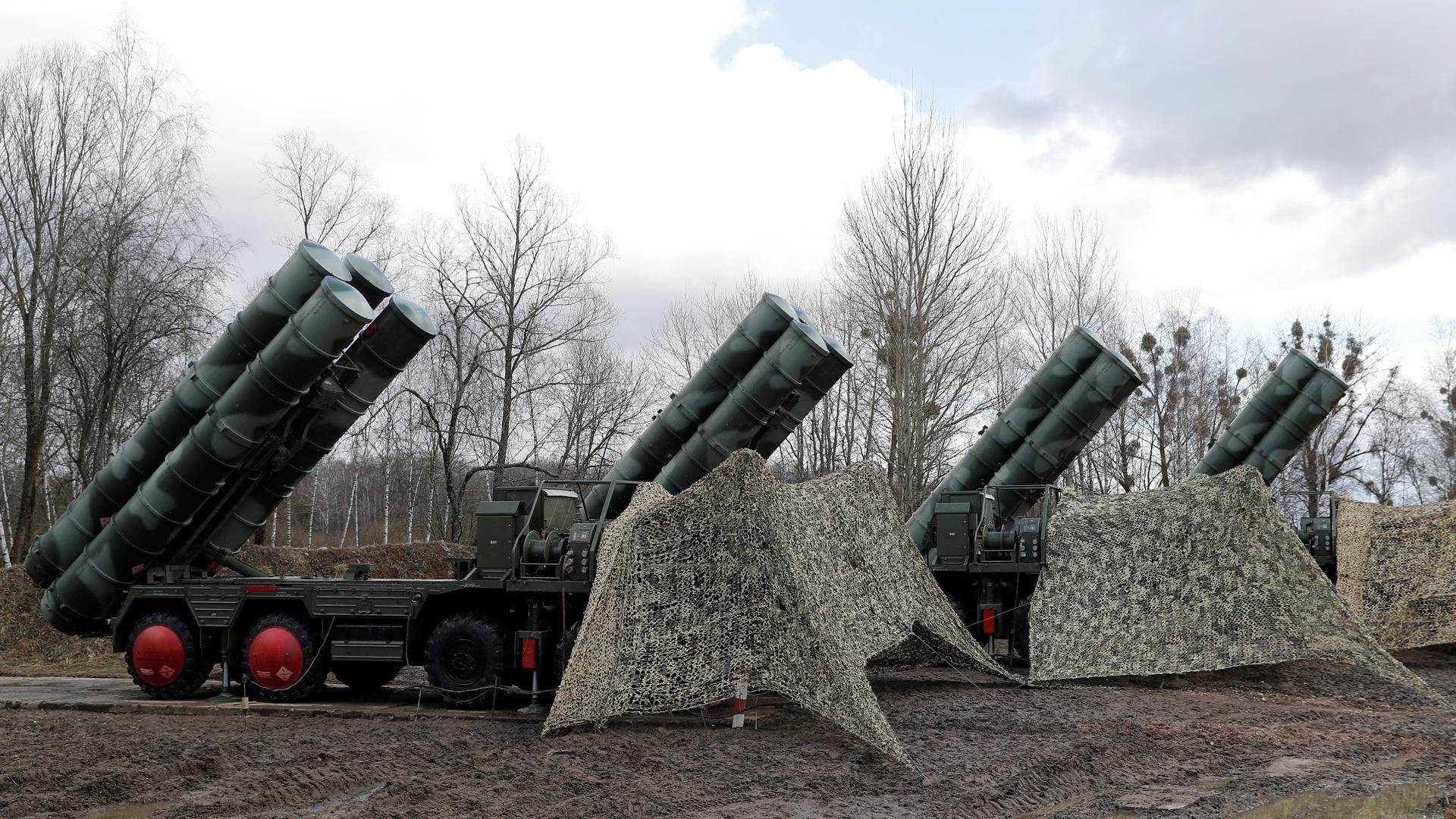On October 16, Turkey allegedly tested its S-400 defence systems in the coastal city of Sinop after issuing warning notices to vessels and aircrafts to avoid the Black Sea region. Turkey’s Ministry of Defence has neither confirmed nor denied the reports.
In a matter of days, media outlets began to widely circulate misinformation claiming that the livefire test was a failure.
The source? A Russian defence blog, that claimed the test failed “due to Turkey’s refusal to assist Russian special forces.”
The analysis provided was strange, and not entirely consistent with the facts on the ground.
For one, Turkey’s S-400 batteries are manned entirely by Turkish armed forces. Second, even in Russia, S-400 defence systems are operated by artillery battalions, not special forces as the article suggests.
The Russian defence blog in question quotes an anonymous analyst multiple times, without corroborating their identity. More critically, while the media acknowledges that there were multiple fired rockets, they nonetheless base their claim of failure on one shakily shot amateur video of a single missile launch.
More critically, Greek media coverage on the subject which consistently depicts Russian defence platforms as anti-NATO and a destabilising force in the region, makes no reference to the fact that Greece itself owns Russian missile defence platforms.
Greece, who joined the Trans-Atlantic bloc at the same time with Turkey, is currently in possession of both Russian made long-range air defence S-300 systems and US-made medium to long-range air defence MIM-104 Patriot missile systems.
In an interesting twist, between Greece’s Russian missile platforms, and its US Patriot missile complement; it may be the S-300 alone that provides Greece with a defensive edge. This comes after a US 2019 Missile Defence Review overly inflated the Patriot’s “proven combat record” before being exposed by a US House Committee on Government Operations, which put to bed claims that Patriot interception rates during the 1991 Gulf war were at 50 percent, or 25 percent with a high degree of certainty.
“There is little evidence to prove that the Patriot hit more than a few Scud missiles launched by Iraq during the Gulf War,” the investigations concluded.
Inconsistencies
While Greece and the US have repeatedly emphasised that Turkey’s procurement of the S-400 is against NATO’s interests, NATO’s official positions are often overlooked.
“If confirmed, we would condemn in the strongest terms the S-400 test missile launch as incompatible with Turkey’s responsibilities as a NATO ally and strategic partner of the United States,” State Department spokeswoman, Morgan Ortagus, said in a statement.
But Dylan White, NATO press officer, who responded to TRT World on the NATO position towards the S-400, reaffirmed NATO Secretary General Jens Stoltenberg’s position that member states have the sovereign right to make decisions regarding their military purchases and clarified that Turkey, a key NATO ally, would not be ostracised for seeking solutions for its national defence.
More critically, Turkey has maintained that the US Patriot system does not meet its domestic defence needs, over which it holds complete sovereignty, while the S-400 does.
Smoke and mirrors
Equally unmentioned is Turkey’s procurement of the S-400 only after talks with the US on its American Patriot defence systems had broken down after the Obama administration refused to sell the Patriot missiles to Turkey.
The Trump administration has fared no better. In an investigative piece published in 2018, TRT World uncovered Trump’s extensive Christian evangelical lobby’s deep links to the United State’s defence industry, and the military itself.
Such an honor to pray within the Oval Office for @POTUS & @VP . pic.twitter.com/JrDOSJyFeN
— Rev. Johnnie Moore ن (@JohnnieM) July 12, 2017
Both senators Thom Tillis and Jeanne Shaheen, who co-sponsored the F-35 delaying bill, represent predominantly evangelical constituencies.
With elections around the corner, it remains to be seen whether Presidential nominee Joe Biden may change US-Turkey dynamics for the better of the region.










Discussion about this post